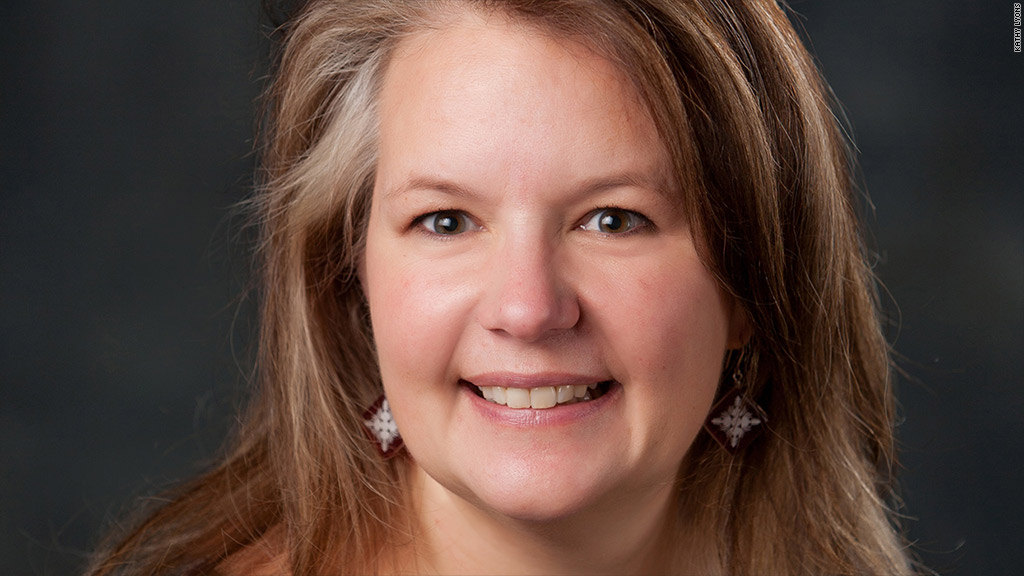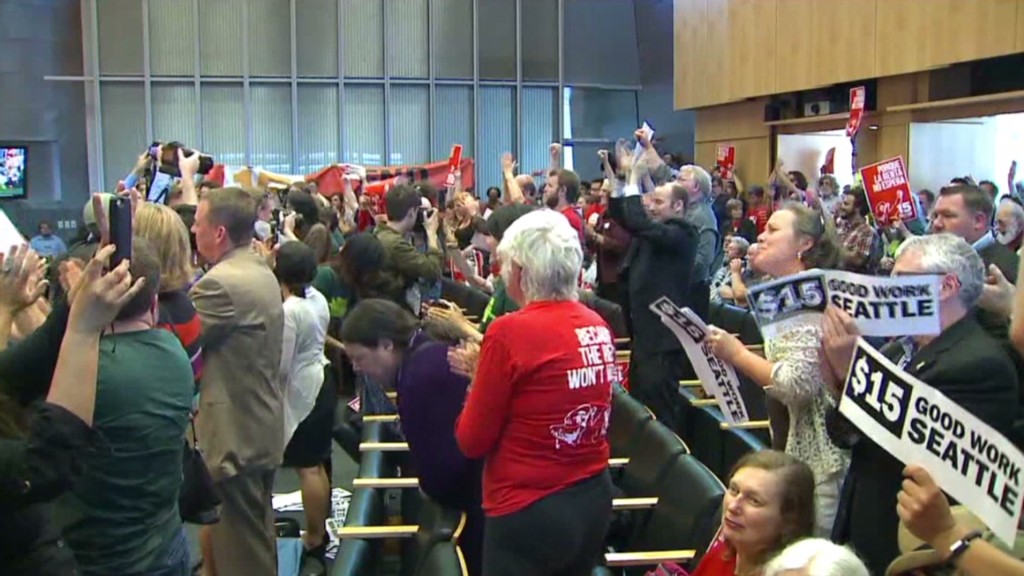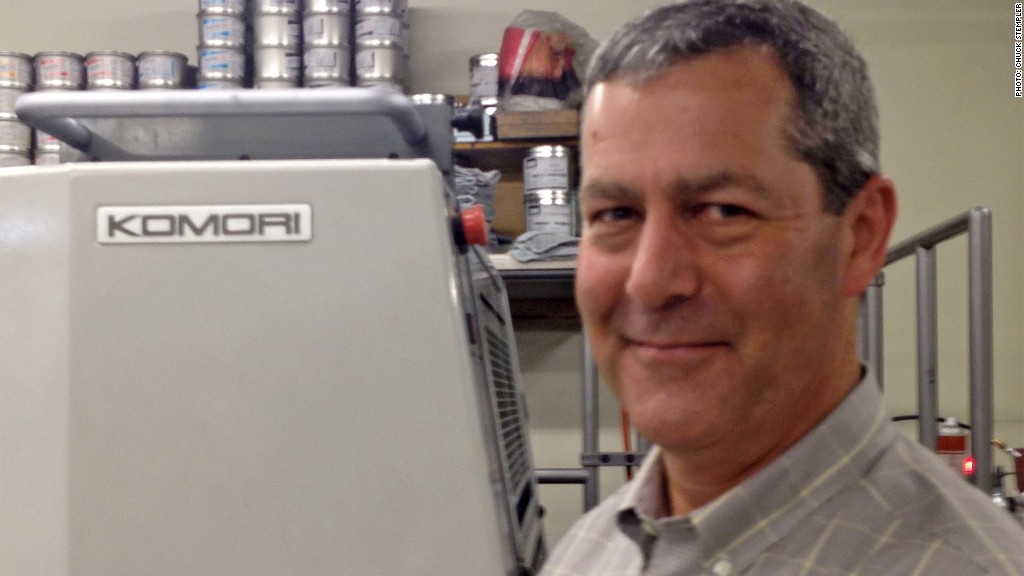
Small businesses in Seattle have until 2021 to pay the minimum wage of $15.
But even though he has only 8 employees, Subway franchise owner Matthew Hollek will have to start paying them higher wages by 2017. The reason: The law counts him as a large employer because he's part of a massive national chain.
Hollek said the distinction will hurt.
"In three years, my wages will be up by 60%, but the sandwich shop next door won't have to do it yet. I'll have to charge more, and he can charge less than me," said Hollek, who has been a franchise owner since 1997.
Seattle's city council approved a timetable earlier this month for how the $15 minimum wage would be phased in from its current wage floor of $9.32. Businesses with fewer than 500 workers get until 2021 to phase it in.
Companies with 500 or more employees must begin paying $15 in 2017. Chains like Subway, McDonald's (MCD) or Burger King (BKW) are in the latter category, even if many of their restaurants are run by small business owners.
Franchisees are up in arms over this. The International Franchise Association has sued the city of Seattle, charging that the ordinance unfairly penalizes franchisees.
The average franchisee at the association employs 11 people.
Related: Subway leads fast food industry in underpaying workers
Hollek said that as a franchise owner, he has the advantage of purchasing ingredients through Subway. But he points out that he is already paying a percentage of his earnings to Subway for royalties and advertising.

Kathy Lyons, a plaintiff in the suit against Seattle, said the new plan could put her out of business. She and her husband employ 22 workers at their franchise of BrightStar Care, which supplies nurses and personal attendants for in-home patient care.
Lyon said the cost of her franchise not only eats up her margins, but that non-franchise competitors will inch her out of the market when she's paying $15 an hour and they're not.
"We are at risk of not making it if we can't compete on fair ground," she said.
It hurts a large number of businesses, the association said. Seattle has roughly 600 franchise operators, with 1,700 locations, employing around 19,000 workers.

Seattle city council member Nick Licata said he's more concerned about the quality rather than the number of jobs. He also believes that three years is enough time to adjust.
Related: 10 big overtime pay violators
Chuck Stempler, another plaintiff in the suit against Seattle, said his business is being "miscategorized."
"They are carving out a particular segment of small businesses and treating them like they're a different size," he said.
Stempler employs 69 workers in two AlphaGraphics franchises in Seattle and worries that "every printing company that's not a franchise" will have a meaningful advantage over him.
Stempler said he might end up raising prices, and also cutting jobs.



